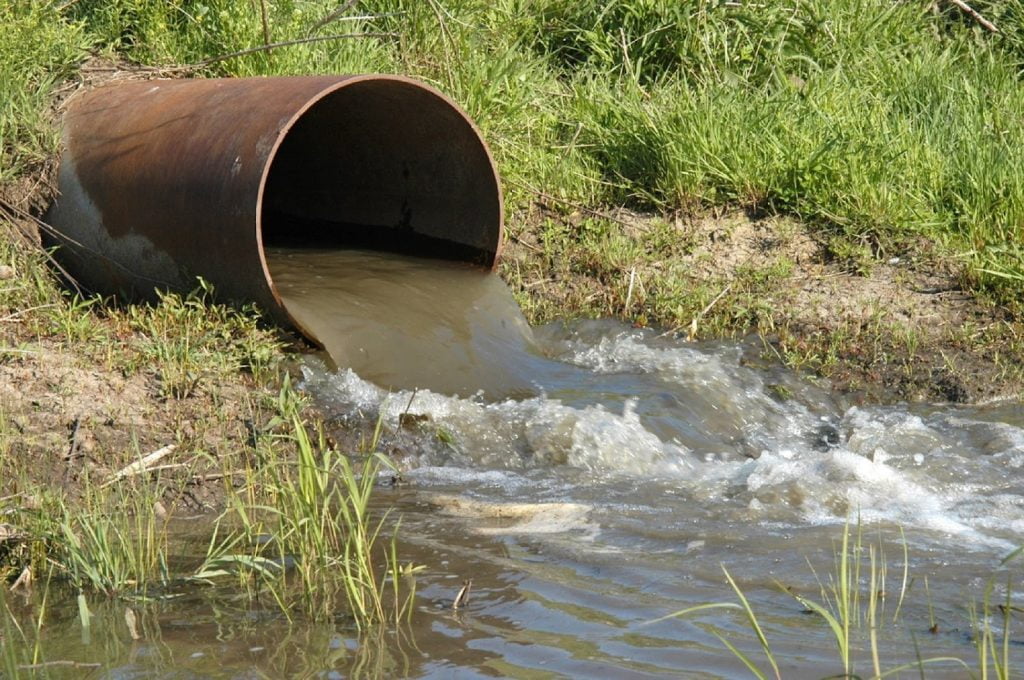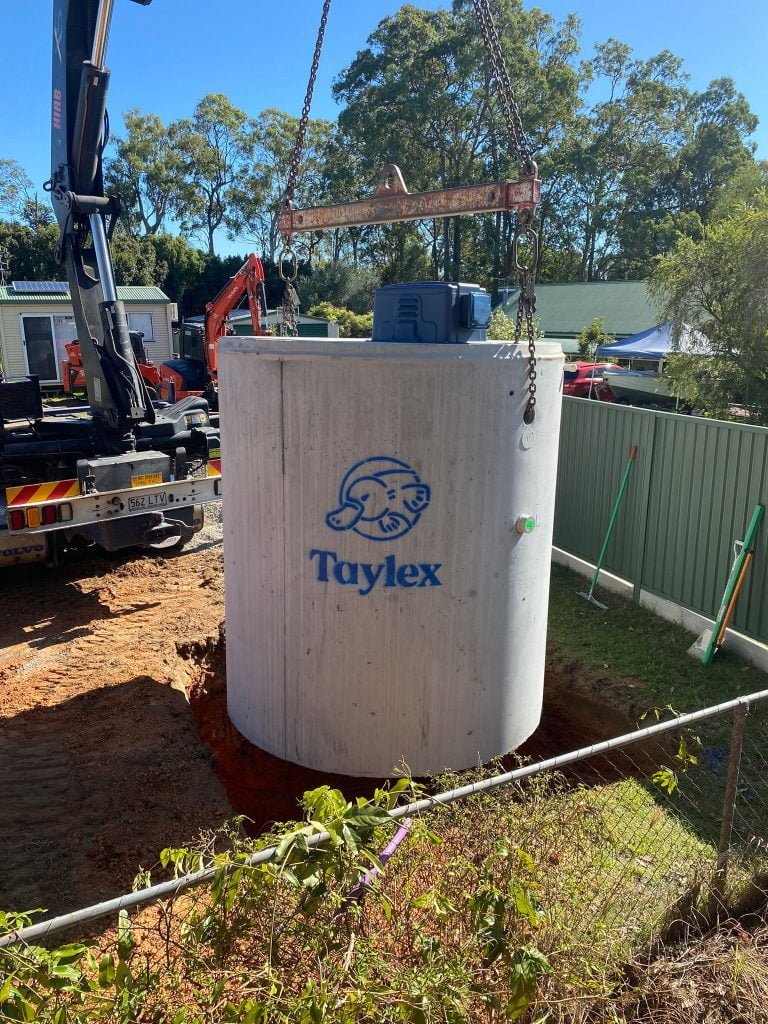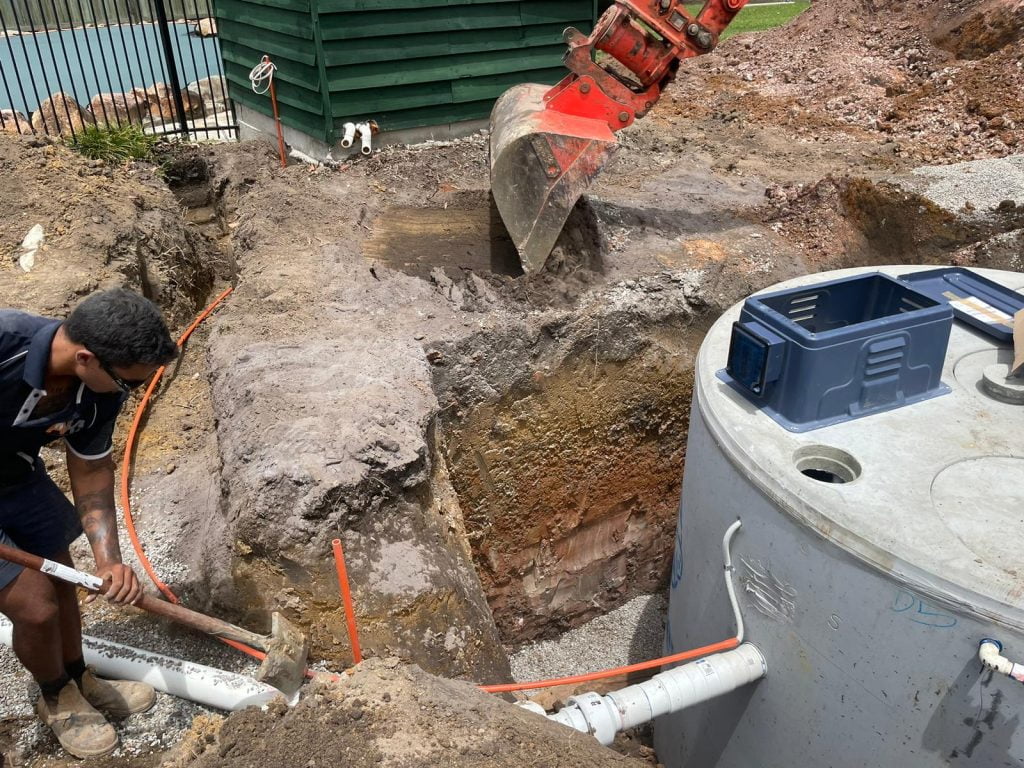Choosing the Right Septic Tank Size for Your Property
A septic tank is an underground wastewater treatment system vital in managing household waste in areas without access to centralised sewer systems. These underground septic tanks are designed to collect, treat, and dispose of wastewater from bathrooms, kitchens, and laundry facilities.
The size of the septic tank you need depends on various factors, such as the number of bedrooms in your home and the amount of wastewater generated daily.
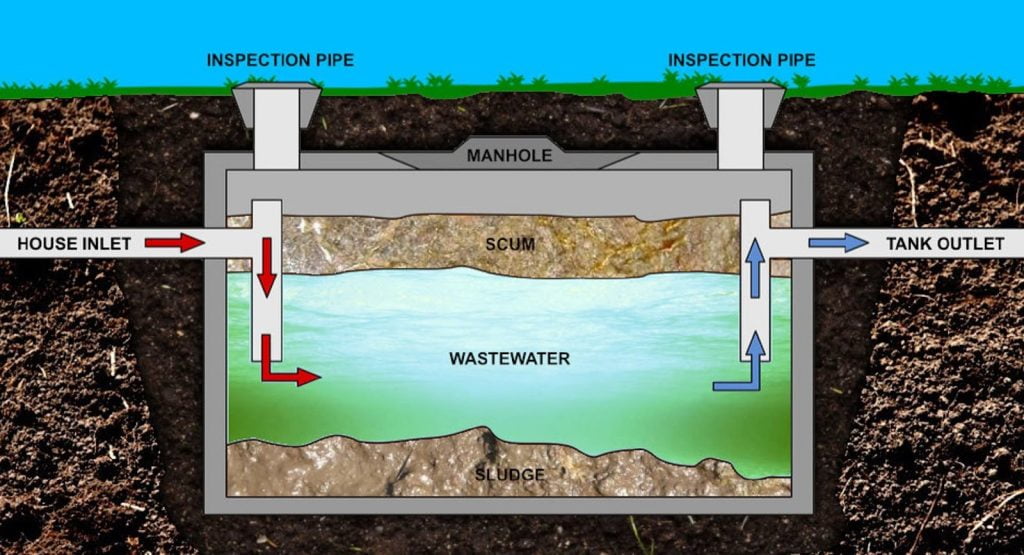

Selecting the appropriate size septic tank is essential to ensure the system functions efficiently and prevents overflows, backups, and environmental contamination.
In Australia, septic tank regulations protect public health and the environment by ensuring proper wastewater management and the prevention of sludge buildup.
Factors Affecting Septic Tank Size
Several factors influence the appropriate size of septic tank for your property. One of the primary considerations is the number of bedrooms in your home. According to Australian standards (AS/NZS 1546.1:2008), a house with up to three bedrooms must have a tank with a minimum capacity of 3,000 litres, while a four-bedroom home requires a 3,500L tank or larger.
However, for houses with 4-6 bedrooms that produce ‘regular’ levels of wastewater, the minimum tank size should be 4,500 litres. You need to determine what size septic tank you need based on your household’s daily wastewater generation. The more water your family uses, the larger the septic tank you’ll need to accommodate the volume of sewage.
Another factor to consider is the size of the drain field or absorption area. The drain field disperses the treated wastewater from the septic tank into the soil. The soil type and percolation rate (the speed at which water moves through the soil) play a significant role in determining the size of the drain field and, consequently, the septic tank. Local regulations and guidelines also dictate the minimum required size for septic tanks and drain fields based on environmental factors and public health concerns.
It’s important to note that the AS/NZS 1546.1:2008 standards make several assumptions when determining septic tank sizes. For the most accurate assessment of your property’s needs, it would be best to speak with your local wastewater specialists for help talk to your local wastewater specialists for assistance.
They can help you navigate these factors and determine your property’s most suitable septic tank size. Working with a professional specialising in wastewater treatment systems, such as eco-septic solutions, can also advise on the best materials, such as precast concrete, for your specific needs regarding septic tanks.
Residential Septic Tank Sizes
Regarding residential septic tank sizes, standard sizes are available based on the number of bedrooms in a property. The following table provides a general overview of septic tank sizes based on the number of bedrooms:
| Number of Bedrooms | Minimum Septic Tank Size (Liters) |
|---|---|
| 1-3 | 3,000 |
| 4-6 | 4,500 |
| 7-9 | 5,500 |
However, it’s essential to consider other factors that may influence the required septic tank size. Larger households or those with high water usage may need a larger tank to accommodate the increased wastewater volume.
Commercial Septic Tank Sizes
Commercial septic tank sizes vary significantly depending on the type and size of the business and its specific wastewater needs. Factors influencing commercial wastewater needs include the number of employees, the nature of the business activities, and the presence of specialised equipment that may generate additional wastewater. For example, a small office building will have different wastewater needs than a large-scale industrial facility.
Small, eco-friendly, commercial-grade septic systems are available for small businesses with up to 20 people. These solutions typically consist of a two-tank wastewater system and are often paired with sub-surface irrigation for efficient and environmentally friendly wastewater dispersal.
On the other hand, larger commercial wastewater treatment systems, with tank sizes starting from 5000L and up, are specially designed and built to suit the site’s specific requirements. These systems are ideal for premises serving over 20 people, such as factories, mine sites, office spaces, and hospitality venues.
Recently, there has been a growing focus on eco-septic solutions for businesses. These innovative systems often incorporate advanced treatment technologies, such as aeration, filtration, and UV disinfection, to produce higher-quality effluent and minimise the environmental impact of wastewater discharge.
Consequences of Improper Septic Tank Sizing
Choosing an incorrectly sized septic tank can lead to severe consequences. Overloading a tank that is too small for your needs can cause system failure, leading to sewage backups, foul odours, and potential health hazards. Inadequately treated wastewater can contaminate groundwater and nearby water sources, harming the environment. Moreover, improper sizing can result in costly repairs and replacements and potential fines for non-compliance with local regulations.
Consulting with Septic Tank Professionals
Seeking expert advice from septic tank professionals is essential to ensure you choose the right size and type of septic system for your property. Local septic tank specialists, such as All Kind Waste Water, have the knowledge and experience to assess your needs and provide tailored solutions.
We can guide you through selecting, installing, and maintaining your septic tank, considering household size, water usage, soil type, and local regulations. By working with us, you can have peace of mind knowing that your septic system is designed to function efficiently and effectively for years to come.
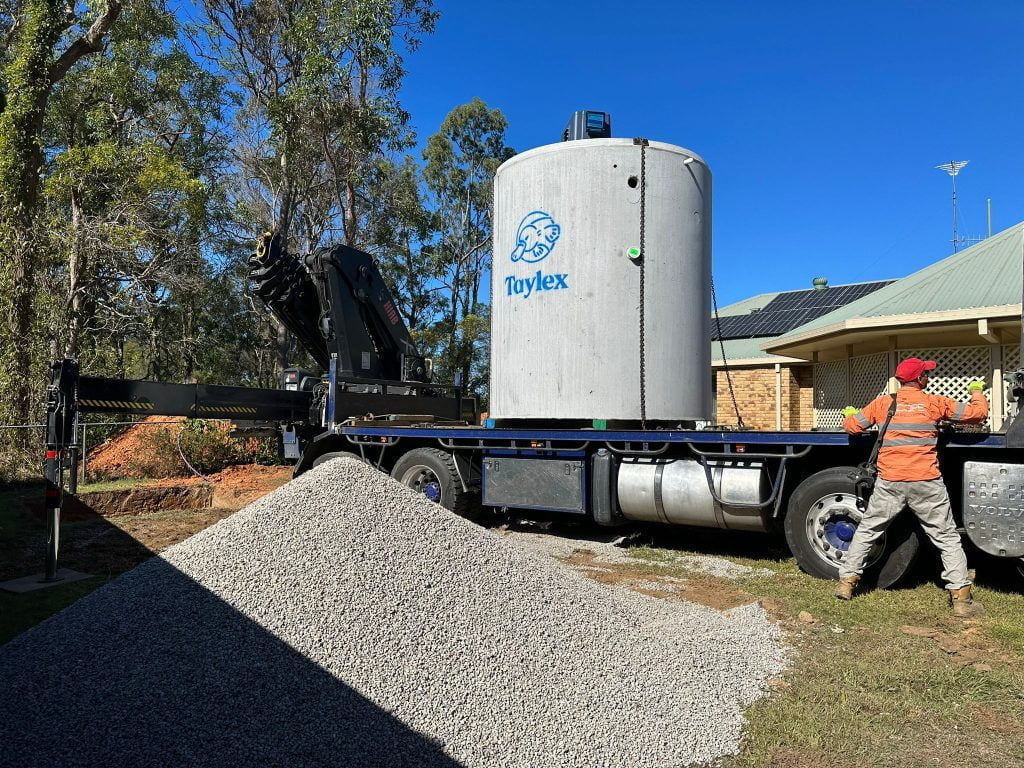

Don’t Let Your Septic Tank Be a Stinker: Size It Right!
Properly sizing your septic tank is crucial for maintaining a safe, efficient, and environmentally friendly wastewater management system. You can optimise your septic tank by considering the number of bedrooms, business size, daily wastewater generation, and local regulations.
Contact All Kind Waste Water today for all your septic tank requirements, knowing your wastewater is being managed effectively.

